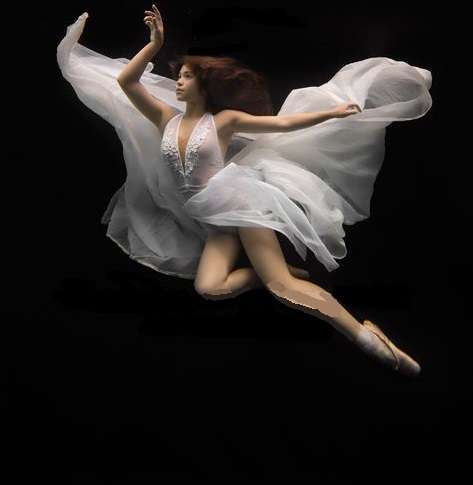
I’m carried away
tangled in a southern wind
hoping to reach you
as you awake with the sun
and I'm still wrapped in the night

|
Author Notes
Tanka (which means short poetry) originated 1300 years ago in Japan's Imperial Court where lovers exchanged tanka after a night together. Tanka evokes vivid imagery and reflection for the reader.
They are free verse without meter and rhyme. They follow a 5 lines pattern of 5/7/5/7/7 (31) syllables in Japanese and 31 syllables or LESS in the English language. The goal, as with most Japanese poetry, is to write as succinctly as possible.
Usually, the third line must transition from the descriptive and image-focused beginning lines into a reflective last two lines, using metaphor, simile, or personification.
The subject matter can vary, but many poets choose a subject that's emotionally stirring or quietly profound. Traditionally, tanka has addressed a limited number of themes -seasons, love, travel, and death; but contemporary tanka tackles a much wider range of topics.
Tanka is usually written in the first-person narrator's point of view. Moreover, in most cases, the "I" in the text closely resembles the poet's private life. click here if you want to read modern tanka examples === click here to read Tanka Society of America === click here if you want to read modern tanka rules
Thank you very much for your time and kind review.
Gypsy
"The poet waits quietly to paint the unsaid." --Atticus
|
|




